Many organizations are running older and possibly out of support versions of SQL Server, running on older versions of Windows Server, on old, slower, out of warranty hardware and storage.
SQL Server 2005 fell out of extended support on April 12, 2016. SQL Server 2008 and SQL Server 2008 R2 fell out of mainstream support on July 8, 2014, while SQL Server 2012 fell out of mainstream support on July 11, 2017. SQL Server 2012 Service Pack 4 is due to be released in September, so you should be planning on testing and deploying that when it becomes available.
Besides being out of support, these old versions of SQL Server are missing many very useful new features that can benefit your organization, and make your life as a DBA much easier. In my experience, you need to take the lead, and push your organization to start upgrading, making the business and technical case to justify the effort. I have done a lot of work and research to help you with this undertaking.
My latest Pluralsight course, SQL Server: Upgrading and Migrating to SQL Server 2016 has just been published. This is my eleventh course for Pluralsight, but the complete list of my courses is here. Speaking of Pluralsight courses, the team at SQLskills has 52 courses that we have developed and published. The complete list, along with guidance about what courses you should take depending on your interests and job role are here.
Building on this online course is a new three day class, IEUpgrade: Immersion Event on Upgrading SQL Server, taught by myself and Tim Radney. The first round of this course will be taught in Chicago from October 11-13, 2017.
In August, I will be doing a daily blog series about upgrading to SQL Server 2016/2017. Finally, I will be presenting a half-day session called Migrating to SQL Server 2017 at the PASS Summit 2017 in Seattle, WA from October 31- November 3, 2017.
